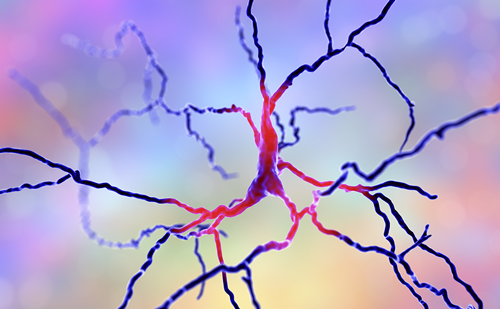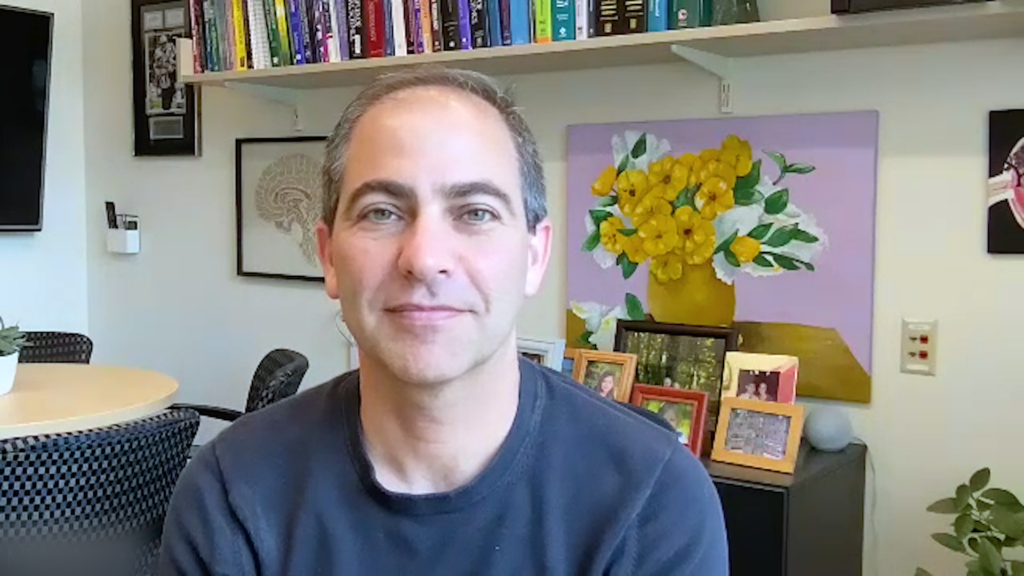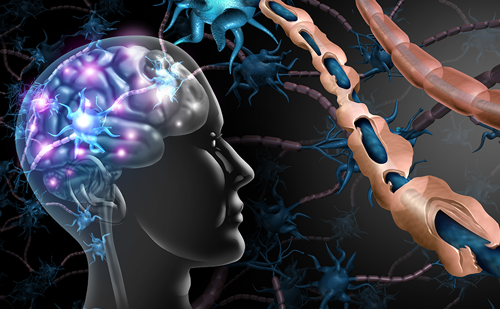Search Results
Showing Results for Neuromyelitis optica

Over the past two decades, the understanding and management of multiple sclerosis (MS) have advanced dramatically, reshaping long-held views of the disease. MS is now increasingly seen as a continuous spectrum rather than a condition with distinct phases, with evidence showing it can begin silently, even before clinical symptoms emerge. Technological and diagnostic innovations have enabled the detection of early brain changes and biomarkers, opening doors to earlier diagnosis and intervention. New diagnostic criteria allow MS to be identified without a clinical event, and studies on disease-modifying therapies (DMTs) support the benefits of early treatment. A major shift in treatment strategy is also underway, emphasizing early, aggressive approaches and therapies that target progression rather than just relapses, which are no longer seen as the main driver of long-term disability. A pivotal development in MS research is the confirmation of Epstein–Barr virus (EBV) as a fundamental trigger of the disease, with new evidence pointing to specific viral protein regions as higher-risk factors. Despite these strides, MS research remains a dynamic and evolving field, with much still to be uncovered beneath the surface.

Welcome to the latest edition of touchREVIEWS in Neurology. We are excited to present a collection of articles that showcase the latest advancements and diverse perspectives in neurological research and treatment. This issue features insightful reviews and editorials from esteemed ...

Neuromyelitis optica spectrum disorders (NMOSD) are a group of relapsing autoimmune diseases of the central nervous system. The clinical hallmarks of NMOSD are myelitis and optic neuritis; however, a wider clinical spectrum has been recognized.1 The majority of patients with ...

Neuromyelitis optica spectrum disorder (NMOSD) is a rare inflammatory autoimmune disease of the central nervous system (CNS) with a worldwide distribution.1 The first clinical description of NMOSD was made a century ago by Devic and Gault, who documented patients with ...

Watch specialists in neurological disorders share their insights on the role of complement and complement therapeutics in patients with neuromyelitis optica spectrum disorder (NMOSD) and myasthenia gravis (MG).

Multiple sclerosis (MS) is a chronic, immune-mediated disorder of the central nervous system characterized by inflammation, demyelination and neurodegeneration. Natalizumab is a widely used anti-α4 integrin inhibitor for treating highly active MS. In the pivotal trials of natalizumab for MS, ...

Three experts examine evidence-based approaches for early and accurate diagnosis, appropriate treatment selection and patient-centred care to mitigate the clinical burden of neuromyelitis optica spectrum disorder.

CHAMPION-NMOSD (NCT04201262) is a study of ravulizumab in adults with anti-aquaporin-4 antibody-positive neuromyelitis optica spectrum disorder. Ravulizumab binds to the same complement component 5 epitope as eculizumab; however, its longer elimination half-life extends the dosing interval (every 8 versus 2 weeks). In this ...

Acute disseminated encephalomyelitis (ADEM), first characterized in 1931,1 is a non-specific clinical syndrome of polyfocal central nervous system (CNS) inflammatory demyelination; it is characterized by encephalopathy and large, poorly demarcated cerebral white matter lesions.2,3 Myelin oligodendrocyte glycoprotein (MOG) antibody-associated disease (MOGAD), ...

Over the past two decades, monoclonal antibodies targeting the surface antigen CD20 have emerged as highly effective disease-modifying therapies (DMTs) for multiple sclerosis (MS).1 The major mechanism of action of these therapies is via B-cell depletion, as CD20 is expressed ...

Expert interview with Prof. Tomas Kalincik, Dame Kate Campbell Professorial Fellow, Head of the Clinical Outcomes Research (CORe) Unit, University of Melbourne and MS Centre, Royal Melbourne Hospital, Victoria, Melbourne, Australia. Together with his research group, CORe, Prof Tomas Kalincik ...

The CHAMPION-NMOSD trial (NCT04201262) is a global, open-label, multicentre, phase 3, externally controlled study of ravulizumab in adults with anti-aquaporin-4 antibody-positive neuromyelitis optica spectrum disorder (NMOSD). In this touchNEUROLOGY interview, we caught up with Prof. Sean Pittock (Mayo Clinic, Rochester, MN, ...

The CHAMPION-NMOSD trial (NCT04201262) is a global, open-label, multicentre, phase 3, externally controlled study of ravulizumab in adults with anti-aquaporin-4 antibody-positive neuromyelitis optica spectrum disorder (NMOSD). In this touchNEUROLOGY interview, we caught up with Prof. Sean Pittock (Mayo Clinic, Rochester, MN, ...

Infection of the central nervous system (CNS) due to cytomegalovirus (CMV) is rare, as it typically occurrs in immunocompromised patients and rarely affects those who are immunocompetent.1 Brain infection – manifested by meningoencephalitis – is much more common than infection of the ...

Paediatric-onset multiple sclerosis (POMS) is the symptom onset and diagnosis of multiple sclerosis (MS) before the age of 18.1 Diagnostic criteria were revised by the International Pediatric MS Study Group in 2013. Compared to patients with adult-onset MS (AOMS), young patients are ...

Aquaporin 4-immunoglobulin G (AQP4-IgG) plays a major role in the pathogenesis of neuromyelitis optica spectrum disorder (NMOSD). Prof. Jeffrey Bennett (University of Colorado School of Medicine, Aurora, CO, USA) discusses the challenges in the treatment of NMOSD. Questions: What ...

Satralizumab is a humanized monoclonal antibody medication that is used for the treatment of neuromyelitis optica spectrum disorder (NMOSD), a rare autoimmune disease, with Aquaporin 4-immunoglobulin G (AQP4-IgG+) playing a major role in its pathogenesis. Prof. Jeffrey Bennett (University ...
Latest articles videos and clinical updates - straight to your inbox
Log into your Touch Account
Earn and track your CME credits on the go, save articles for later, and follow the latest congress coverage.
Register now for FREE Access
Register for free to hear about the latest expert-led education, peer-reviewed articles, conference highlights, and innovative CME activities.
Sign up with an Email
Or use a Social Account.
This Functionality is for
Members Only
Explore the latest in medical education and stay current in your field. Create a free account to track your learning.


